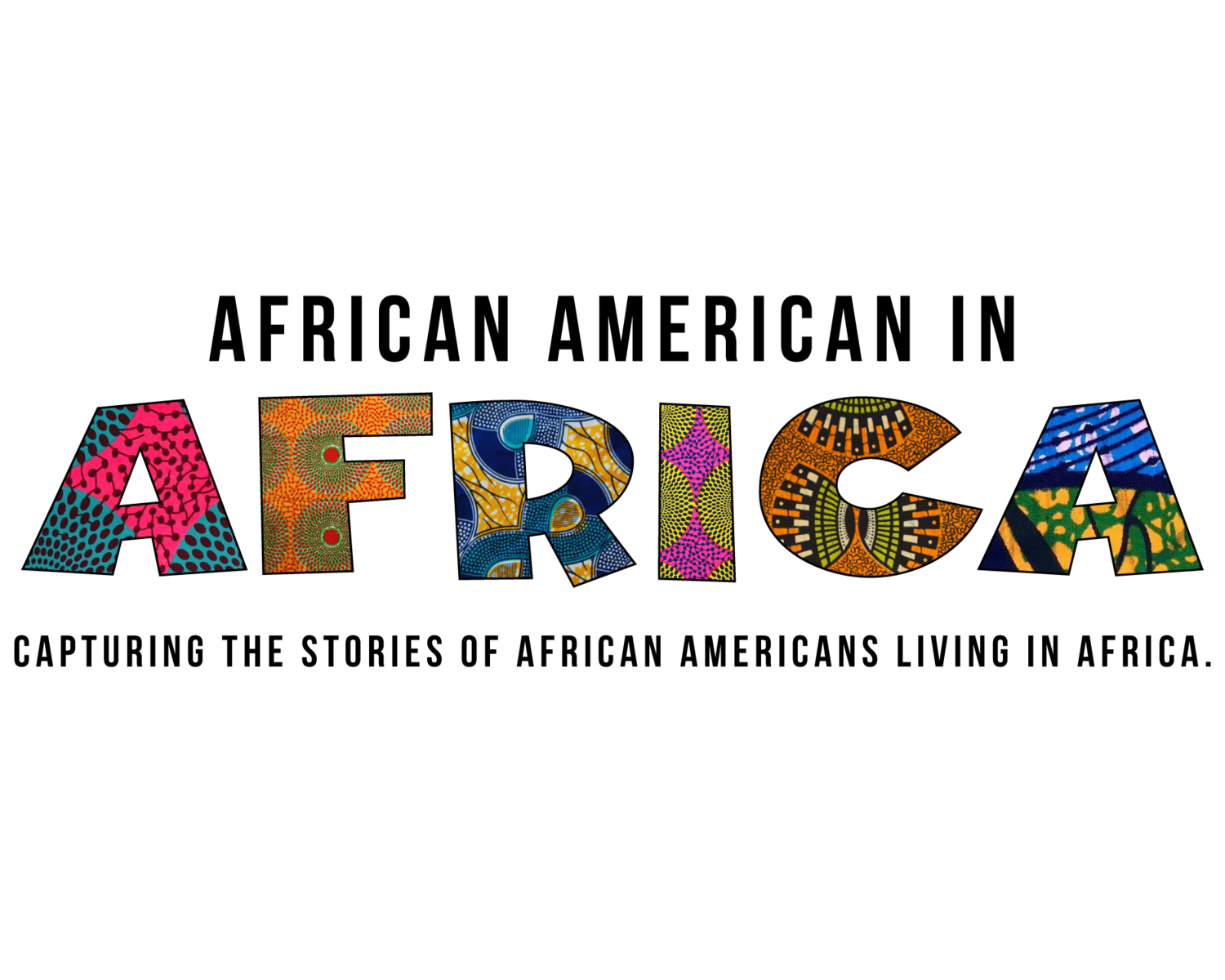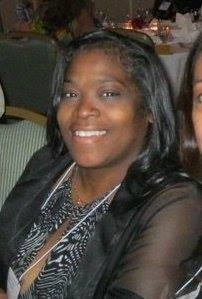My Black American Childhood in 1970s-1980s Liberia
A rubber tree plantation in Liberia.
WHILE many African American children of the 1960’s traded jokes on their parent's front porches, the Atta family children were preparing for a move that would take them across the waters of the Atlantic. On a journey that would retrace the footsteps their ancestors had once forcedly taken.
At the height of the American civil rights movement, Kwame and Efua Atta made the decision to move their four black children from Detroit, Michigan to west Africa, in 1968.
“My father was a Pan-Africanist. In the early 60’s he became involved with the Pan-African movement and followed the news of countries gaining their independence which coincided with the U.S. civil rights movement. We ended up moving to Ghana in 1968,” said Maya Atta, the third oldest of the Atta children.
Maya's parents owned and operated African World Tours, a tour company that offered excursions through Ghana. The company availed visitors the opportunity to have a deeper experience than what the average tourist brochures offered, frequenting areas off the beaten path like Ghanaian villages.
After a year and a half of living in Ghana, the family moved back to Detroit. Still, this was far from the end of their African continental living.
“I can remember my dad saying, ‘We’re moving back to Africa’ in 1975."
"I was 8 years old,” Maya reflected.
The Attas eventually returned to west Africa on Thanksgiving Day 1975, this time moving to Monrovia, Liberia.
“My first memory was of getting there in the beginning of the dry season and me having no concept of the end of November being hot. The first thing I did was reach for my coat and my dad was like, ‘You didn’t need no coat!’ It was completely different,” Maya recollected.
Liberia is Africa’s oldest republic and was founded in 1822 as a result of targeted efforts of the American Colonization Society. This White male evangelical and Quaker coalition pushed for the resettlement of freed African American and West Indian slaves to west Africa. The society believed it would be better to move freed blacks overseas than to have them home demanding rights and influencing slaves still in bondage.
In an ironic twist, the establishment of the new Liberian republic brought friction between indigenous Liberians and the freed slaves. The new Black habitants instated a system of oppression reminiscent of and hailing from plantation life.
“They went to that part of Africa and created that same system of the U.S. because that’s what they knew. They made themselves the elites and treated the indigenous people like slaves,“ said Maya.
This elite class of ‘Americo-Liberians’ ruled Liberia for decades while disenfranchising the country’s native inhabitants.
Decades later, African Americans like the Attas, moved to the nation with a Pan-African spirit.
The Attas spent their first few weeks in Liberia living with another family as they adjusted into the country. They soon moved into their own three bedroom house, in an affluent Liberian community named Congo Town, not far from a UN compound. The family eventually moved into a second home, in the more diverse Gaye Town community, pictured below.
A 2010 photo of the Gaye Town, Monrovia house Maya and her family lived in, their second home in Liberia.
Maya’s parents settled into the Liberian professional scene. Her mother taught at the local American school, while her father worked as a businessman.
The couple enrolled their two older children into the American school while Maya and her younger sister attended a local Liberian school, an experience Maya says was invaluable.
“The best thing my parents did for me was having me spend years at a Liberian school instead of an American school. It allowed me to know the people who actually lived there. It put me more into the society,” she said.
A 1980-81 American Cooperative School yearbook photo of a teenage Maya in Monrovia, Liberia.
Maya also reflected on how 1970’s Liberia was a frequented destination for many famous African Americans, such as John Amos, Bill Russell and a legendary singer and activist.
“Nina Simone lived there. My dad met her downtown. He recognized her from her album covers. My father, who had a fear of no one, went up and talked to her. She came to the house.”
Five years into Liberian life, a military coup erupted opening Maya’s teenage eyes to the harsh realities of political unrest.
Years of dissatisfaction with Americo-Liberian rule plunged the country into violent riots and clashes with the government.
“The coup itself happened on a Friday night. When we went back to school there were so many classmates that weren’t there anymore. I was 13. That's a lot to process as a kid. A lot of people fled,” Maya said.
While the Atta family didn’t immediately flee Monrovia, they couldn’t escape the financial ramifications of the country’s growing crisis.
“My father had a lot of contracts with the Liberian government. He had a clothing company that manufactured uniforms. At that point it became difficult because they weren’t paying,” Maya remembered.
More and more people fled the country and government curfews were instated. Liberia was headed towards civil war.
In 1983, the Atta family was forced to return to the States for safety.
Maya was 16 and already scheduled to return the U.S. a year later to attend college. Still, she found it difficult to say good-bye to the mangrove tree lined nation she’d called home for the last eight years.
“I was more sad about the number of friends that I had lost during the political unrest and all of the people I had no way of getting in contact with,” she said.
Three decades later, Maya was able to reconnect with many of the Liberian friendships she thought were forever lost. A chance decision to join social media rekindled her Liberian connection.
“That was one of the things I appreciated about Facebook - it got me back in touch with people I hadn’t heard from in 30 years,” Maya said.
The social network delved Maya back into the Liberian community she was missing. She discovered the Facebook page for "Radio Lib", an online Liberian centered radio station. Maya was immediately hooked on the station's selection of old school African classics. It wasn’t long before she became a part of the station’s team.
“It went from there to me hosting this program called Ladies Night, to becoming program director and then CEO. That really put me in contact with Liberia and with what’s going on there. We partner with stations in Liberia and a lot of the shows are talk shows. It really gives Liberians in the States a way to know what’s going on in the country.”
Marred by fourteen years of conflict, and recently by the Ebola crisis, Maya has yet to make a homecoming visit back to Liberia. She admits it will be difficult to one day return and witness such a vastly different Liberia to the one she so fondly remembers.
“There was so much destruction during that civil war. Monrovia itself according to everyone I know who has visited or moved back permanently, is nothing like the place we grew up in. There are so many needs. Everyone has told me that it’s good to be back but it’s depressing. That's part of what’s keeping me."
“My hope is that at some point it will be able to gain its footing again.”
Maya added that her childhood years spent in Liberia gifted her with no fear of change.
“The biggest influence is not feeling the necessity to live here in the U.S. I don't have the fear to venture out and do things. In 1999, I moved to the Virgin Islands and lived there for six years.”
She emphasized the importance of seeing Africa beyond the tourist hubs and its many misconceptions.
“On one of my parent’s tours, one guy took his father who was about 75. The father really didn’t want to go. We got there and went to this little town that was kind of close to Togo. They did a welcoming ceremony and this guy was having the time of his life!”
“Don’t just go from the airport to the hotel and then to the hotel pool without doing or seeing anything else. Don’t only expose yourself to what’s in your comfort zone,” she added.
Maya’s parents continued to run African World Tours until around 2001, and her father Kwame passed away in 2005.
It is clear that the Atta’s footprints across west Africa have left an indomitable legacy. An everlasting imprint of determination, unapologetic Pan-Africanism, and moving to the beat of one's own drum.
Wondering how Liberia is today? Check out our interview with an African American family currently living there!




